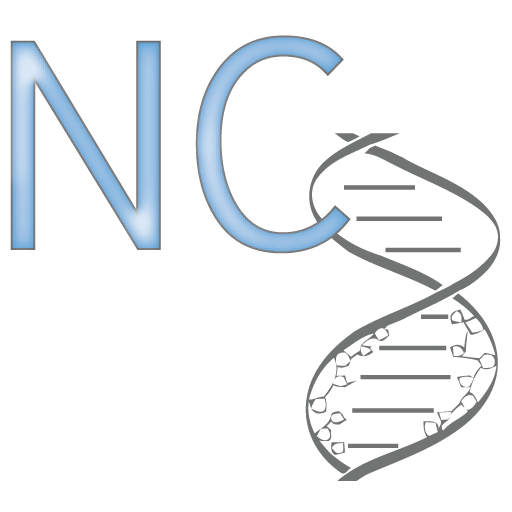Information For Participants
Thank you!
The goal of NCGENES is to generate evidence about strategies for including genomic sequencing into clinical practice. Our hope is that what we learn through the NCGENES research will help make genomic sequencing, like exome sequencing, more available in the future to patients who could benefit from it. This work would not be possible without the participation of North Carolina families in NCGENES.
Who can participate in NCGENES?
The NCGENES research team has partnered with pediatric specialty clinics at three North Carolina Hospitals:
- UNC Healthcare (pediatric genetics and pediatric neurology)
- Mission Health (Fullerton Genetics Clinic), and
- Eastern Carolina University Health Services (pediatric genetics and pediatric neurology)
Families may be invited to participate in NCGENES if their child is being seen in one of these clinics for a new patient appointment. Not all families being seen in these clinics can be invited. If there are more families eligible to participate than can be enrolled in any given time period, a computer program determines which families are invited.
In NCGENES, both the child and his or her parent or guardian are participants. Each must meet certain eligibility criteria.
Inclusion Criteria
- The parent of a child who meets the criteria to the right
- At least 18 years old
- Able to provide informed consent for child and self
- Fluent in English or Spanish
- 15 years old or younger
- Scheduled for an appointment in a study-associated clinic
- Referred either for initial evaluation of a possible monogenic disorder OR for evaluation of an undiagnosed disorder
Exclusion Criteria
- Younger than 18 years old
- Unwilling to complete study surveys and other procedures
- Unable to provide giving informed consent due to cognitive or other impairment
- Not fluent in English or Spanish
- Unable to attend any clinic visits
- Have a known genetic or non-genetic diagnosis (e.g. only referred for counseling or management)
- Be medically unstable
